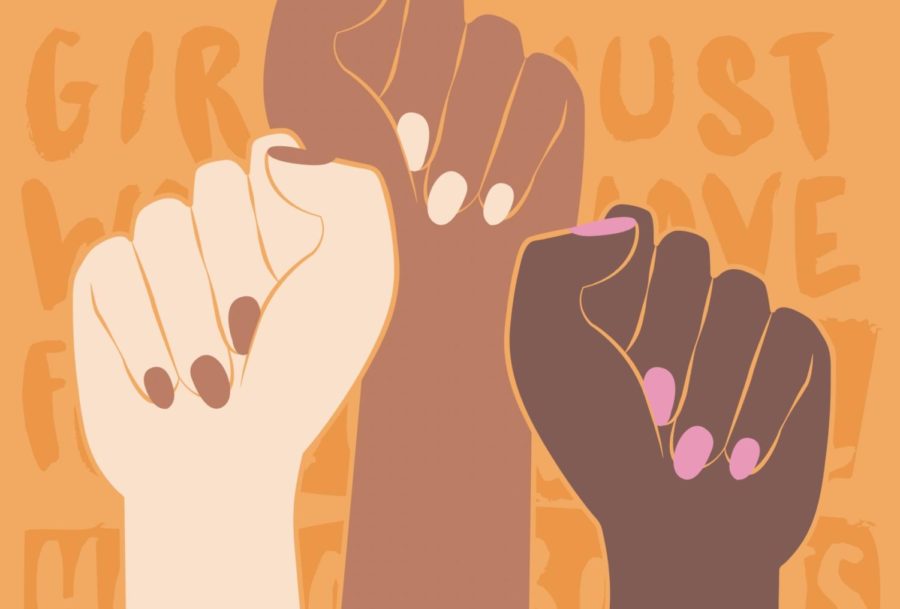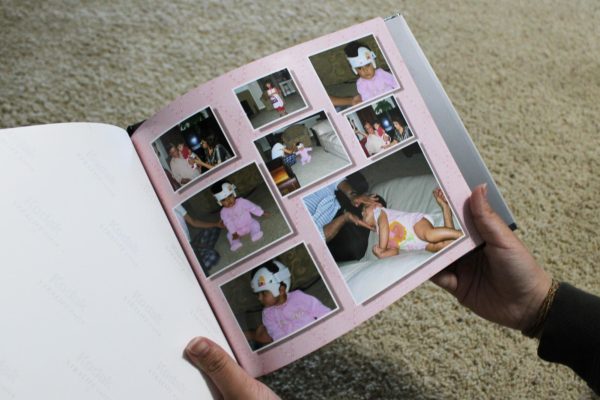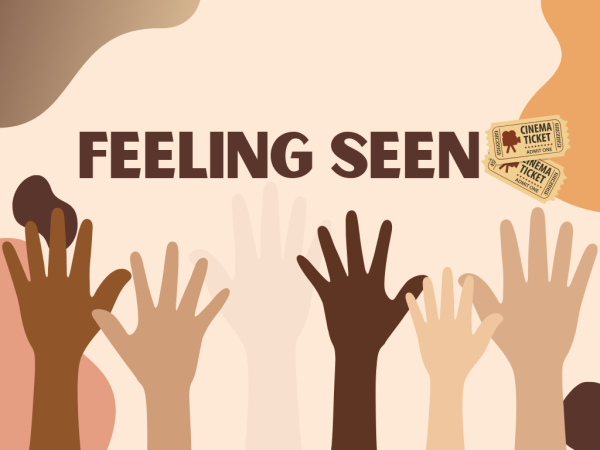Opinion: My body but not my choice
As a child, I thought all women were destined to be mothers. The ideas of pregnancy, submission and female modesty were ingrained into my South Asian culture, and I came to accept them as fact. I was undoubtedly pro-life. However, that changed when I entered the realm of biology and started to understand the intricacies of the female body and the reproductive system.
Later, I watched a documentary highlighting the experiences of women who had an abortion during their second trimester (week 13 – 27 since conception). Many of these babies were severely sick and would not have survived. I still distinctly remember one of the mothers saying “if I make a choice where the best outcome is my child to not have to suffer, then that is what I am going to choose every day.”
I realized then and there that abortion was not a clear-cut decision. It is a deep, personal and challenging one that involves a woman making the best choice for her and her potential child, and no woman should go through it with harassment and judgement facing her on the other side.
The controversy surrounding abortions is decades old. Roe v. Wade was filed right here in Texas in 1970, and it concluded with a woman’s right to choose. Yet, half the population did not agree with the Supreme Court’s ruling, and many states did their part to limit the outcome of this case. Four weeks ago, Texas was at the same crossroads as it was 51 years ago.
On Sept. 1, the Texas legislature passed the Heartbeat Act, which was an enormous step backward for women’s rights. This new law prohibits all abortions if a heartbeat is detected — even in cases of rape and incest — and allows almost any private citizen to sue abortion providers. Yet, the reasoning Texas Republicans have offered surrounding this bill about abortion is undeniably flawed both medically and socially.
In pure scientific verbiage, this new law bans abortions after six weeks, because that is when cardiac activity can be detected. However, this is medically inaccurate, because at six weeks of gestation, the baby does not even have heart valves. The fluttering detected is just electric activity, and the sound is manufactured by the ultrasound machine itself. To make it worse, women would have to procure the money for the abortion, find an appointment, have at least one ultrasound imaging and wait 24 hours before the surgery — all within six weeks. Women who cannot meet these requirements must go out of state for an abortion.
However, the argument against this new bill cannot just be confined to the spheres of medicine. Moreover, it involves the barbaric view of bounty hunting. Private citizens can pursue legal action against family members, medical professionals and sheer strangers who participate in abortions with a possible reward of $10,000. This practice treats women like prey and undermines their right of privacy and choice. Similarly, it removes the woman from her body. It places the priority of a fetus over a living, breathing human being.
Abortion is not for everyone, but that should not take away from another person’s rights. Pregnant women with fatally ill babies, babies who would normally not make it past the ventilator, will be forced to watch their conceived child suffer. Young teenage women will be forced to sacrifice their future, and women who are not financially ready will be bound to hustling extra hours for a child they cannot afford. It traps women in abusive relationships, and this bill compounds the trauma for rape victims who suffered the worst of men. Abortion does not give rise to murderous mothers. Rather, it allows women to control their body and their future.

Senior Christy Thomas is a reporter and this is her first year on staff. She enjoys reading, working out and annoying her younger brother.













